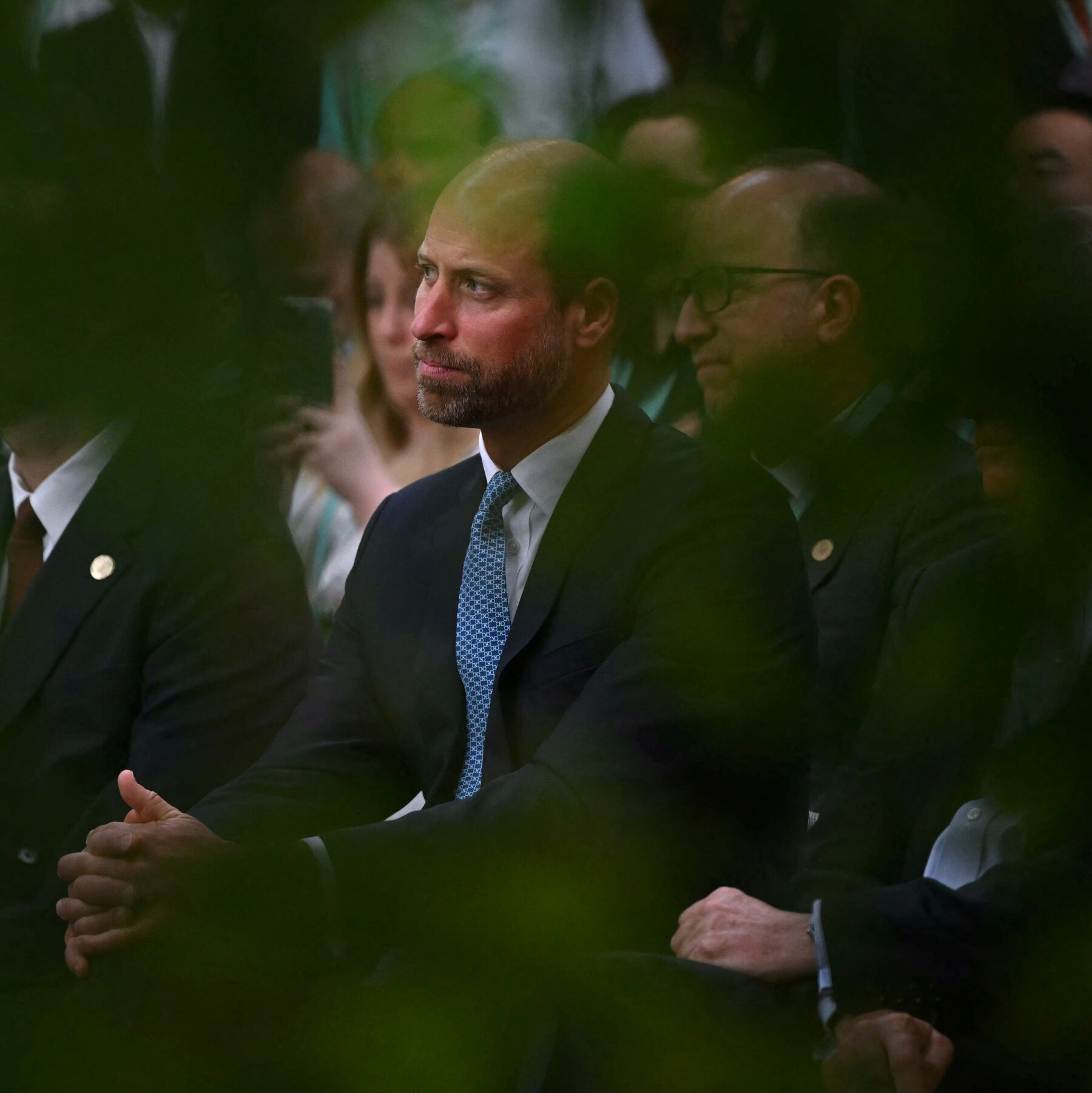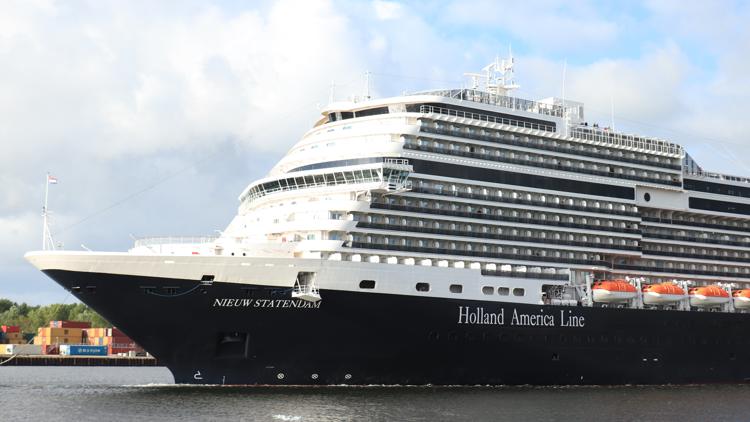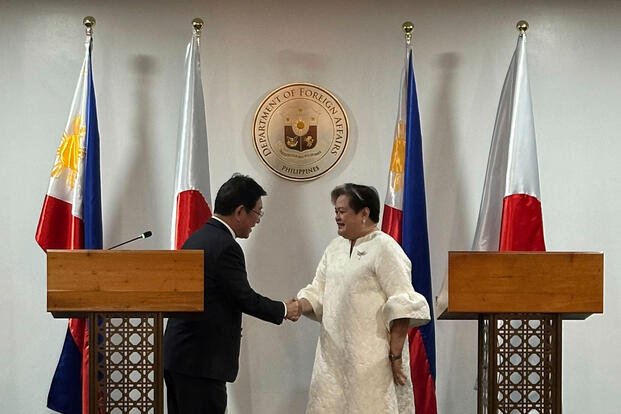Renowned Brazilian chef Alex Atala declined a request to cater a high-profile climate event for Prince William and 700 guests due to a disagreement over the menu. This decision highlights the challenges faced by chefs who strive to promote local culinary traditions in the face of external expectations.
Atala, known for his commitment to showcasing the rich biodiversity of the Amazon, expressed his concerns about the menu that was proposed for the event. He likened the request to “asking Iron Maiden to play jazz,” underscoring his belief that the event should celebrate the region’s unique culinary heritage rather than conform to conventional expectations.
Menu Dispute Raises Cultural Concerns
The event, set to take place in Brazil, aimed to address critical climate issues and feature local cuisine. However, Atala felt that the proposed menu did not reflect the essence of the Amazon’s culinary landscape. He stated that while he is honored to be considered for such an event, it is crucial to honor the local culture and ingredients.
Atala’s restaurant, D.O.M., has gained international acclaim for its innovative dishes that highlight indigenous ingredients. The chef’s philosophy revolves around sustainability and respecting the environment, principles that he believes should be at the forefront of any culinary representation at a global event.
Despite the potential visibility the event would offer, Atala’s commitment to authenticity remains paramount. His decision not to participate reflects a broader conversation about cultural representation in culinary arts, especially when global figures are involved.
Impact on Local Culinary Scene
The refusal to cater the event has sparked discussions among chefs and culinary experts regarding the responsibility of chefs to represent their local traditions. Many feel that Atala’s stance is a necessary reminder of the importance of cultural integrity in gastronomy.
As climate change continues to impact the Amazon and its resources, highlighting local culinary practices becomes increasingly significant. Chefs like Atala advocate for the protection of these traditions, using their platforms to raise awareness about sustainability and environmental issues.
In a world where culinary globalization often overshadows local flavors, Atala’s actions challenge the status quo, urging for a more respectful approach to cultural representation. His decision serves as a call to action for those in the culinary field to prioritize authenticity and sustainability in their work.
Atala’s stance may have implications beyond this single event, influencing how future high-profile gatherings consider local cuisines. As chefs increasingly become ambassadors for their regions, their choices will resonate on both local and global stages.







